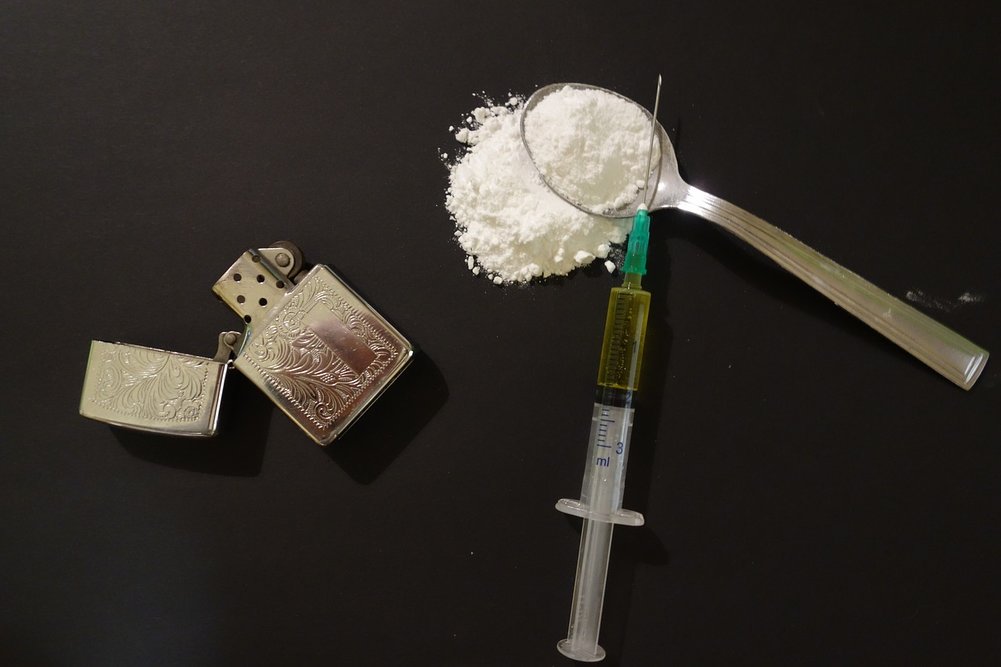Humans are social beings and loneliness can have a lasting impact on our physical well-being. According to scientists from the Brain Dynamics Lab, modern life is leading people toward greater isolation which can trigger many disorders. Their plan is to tackle loneliness with medication, and doing so, prevent the onset of harsher psychological problems that may follow.
Although it is natural and understandable to feel lonely from time to time, surveys show that from 22% to 75% of US adults are persistently lonely. Evolution shaped us to seek social bonds, and even our immune system suffers when we lack such connections. Today, due to cultural and technological changes, we are spending more and more time on our own.
“Western societies have demoted human gregariousness from a necessity to an incidental,” wrote neuroscientist John Cacioppo, in his book Loneliness.
We could take a few routes (promotion of group activities, working shorter hours, etc) to approach this problem. However, it seems like the Western culture and medicine often “desire” solutions in a form of a pill.
Stephanie Cacioppo, director of the Brain Dynamics Lab at the University of Chicago, Pritzker School of Medicine, said loneliness can contribute to cardiovascular diseases, neurodegenerative diseases, cognitive decline, metastatic cancer, and make us more susceptible to infections. If left untended it can change brain structures and processes. Therefore, her team is working on a pill to help combat loneliness.
Stephanie is John Cacioppo’s widow and was his research partner. After John’s death, she went on long runs, pushing herself too much.
“I could handle the pain because I knew it would have an end,” she said for The Guardian. “The physical pain associated with running was less intense than the deep, heartfelt emotional pain of the loss of the love of my life.”
Feelings of loneliness are indications that people are in need of social contact. At the moment, unlike depression and anxiety, loneliness has no recognized clinical form. Respectively, there is no available diagnosis or treatment for feeling chronically isolated. Stephanie’s team claim that loneliness is what occurs when chemical signals encourage us to reach out to other people, but our minds instead perceive social dangers and keep us from wanting to reach out.
The team has a high hope for neurosteroid called pregnenolone, which can help ease the mind’s anxiety and over-perception of potential dangers. The goal is to inhibit feelings of loneliness from causing harmful effects on the mind and body. Stephanie also gave attention to allopregnanolone (derived from pregnenolone), since preclinical trials showed that the compound could counteract some of the loneliness-related biological changes in the brain.
“If we could successfully reduce the alarm system in the minds of lonely individuals, then we could have them reconnect, rather than withdraw from others,” she said.
In Stephanie’s most recent study, her team were administering 400mg oral doses of pregnenolone to lonely but healthy individuals. They are still analyzing the data but she is optimistic that the results will show significantly reduced perceived loneliness among the people who received pregnenolone.
Stephanie advises not to wait for a pill, there is more than one way to combat loneliness. Joining a club or a group activity you are fond of, volunteering, reaching out to family members, actively searching for meaning in your life. It all helps in developing a feeling of belonging.
Stephanie Cacioppo has found a larger purpose in pushing forward the work she has started with her husband. “I believe my husband didn’t die; he became a theory. I am applying his theory,” she said.
Learn more about problems related with loneliness from John Cacioppo:
By Andreja Gregoric, MSc











